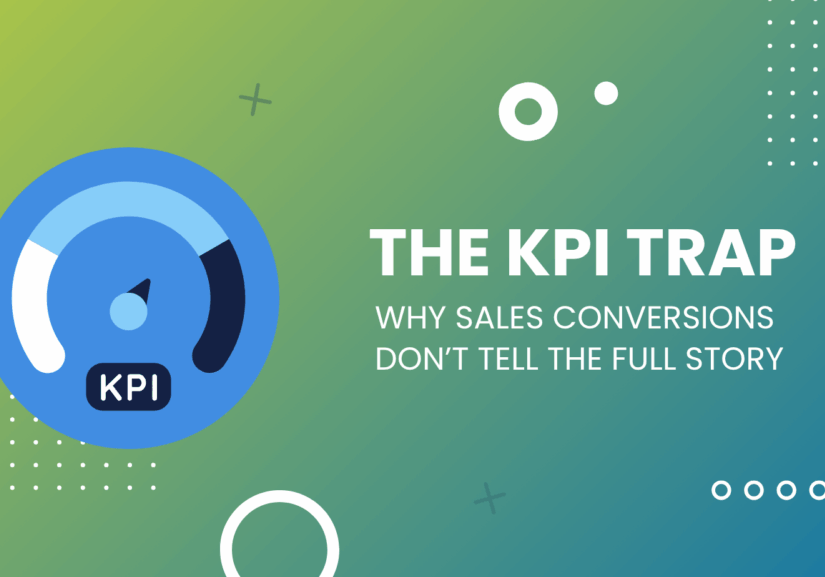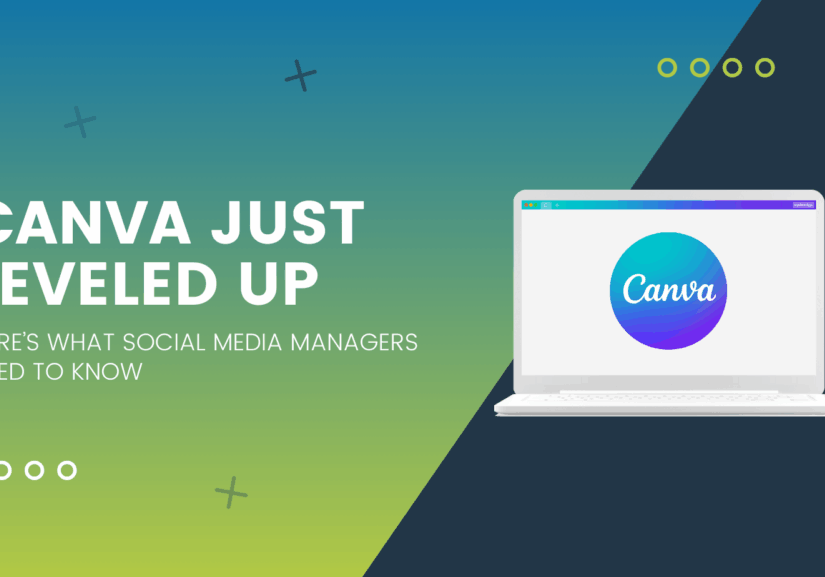Ready to Start a Podcast? Here are Some Pointers.
By Traci, Destination Marketing Manager / Content Strategist | February 19, 2019
This post is the second in a two-part series. You may want to read this part first.
Know the Costs Involved
Compared to traditional advertising or even banner ads, podcasting costs are relatively little. Initial basic equipment -- which includes an adaptable microphone, recording and editing software, and a media host -- costs about $100. You should budget an additional $15-20 per podcast to cover distribution. You also need to determine the amount of time and resources involved in identifying your topics, research and write your script, and practice before you record.
Just as with social media, your podcast will be most successful if you develop an editorial calendar that correlates to specific holidays, seasons, company milestones, or your sales cycle. Timely topics have more appeal.
Keep it Brief
You already know the audience you want to reach – so make sure the content matches your demographics. Avoid jargon and acronyms even when speaking to a business audience. Most of all, keep your podcast brief; 30-60 minutes, depending on the complexity of the topic. Strive to cover a single topic per episode.
Be Engaging
Your competition is every other podcast that streaming services are recommending to your listeners, as well as traditional radio. Your podcast must be engaging, entertaining, educational, or a combination of these.
Charismatic or well-known hosts always help, but the most important trait an engaging host can possess is the ability to tell a good story while coming across as authentic and approachable. A successful podcast strikes the balance between factual, quality information and genuine human experience.
Model Your Podcasts on Ones You Admire
Just because you may be new to podcasting doesn’t mean you need to reinvent the wheel. Listen to podcasts produced by other brands or businesses and note what aspects you responded to most. Here are a few current examples:
Ballard Designs,“How to Decorate”
Co-Schedule,“Actionable Marketing”
Give Listeners a Way to Respond
Whether doing a live podcast or airing one that is pre-recorded, be sure to include a way that listeners can respond or request more information. You can provide an email address, Facebook or LinkedIn page URL, or set up a comments section on your company’s website. Don’t forget to actually respond!
Podcasts have wide appeal because they do allow listeners to feel part of the broadcast, even if they can’t ask questions or comment in real time. Traditional advertising is a one-way street where the seller tells the viewer or listener “BUY!” Podcasts put the emphasis on learning, feeling and connecting, which helps persuade the listener to take action.




